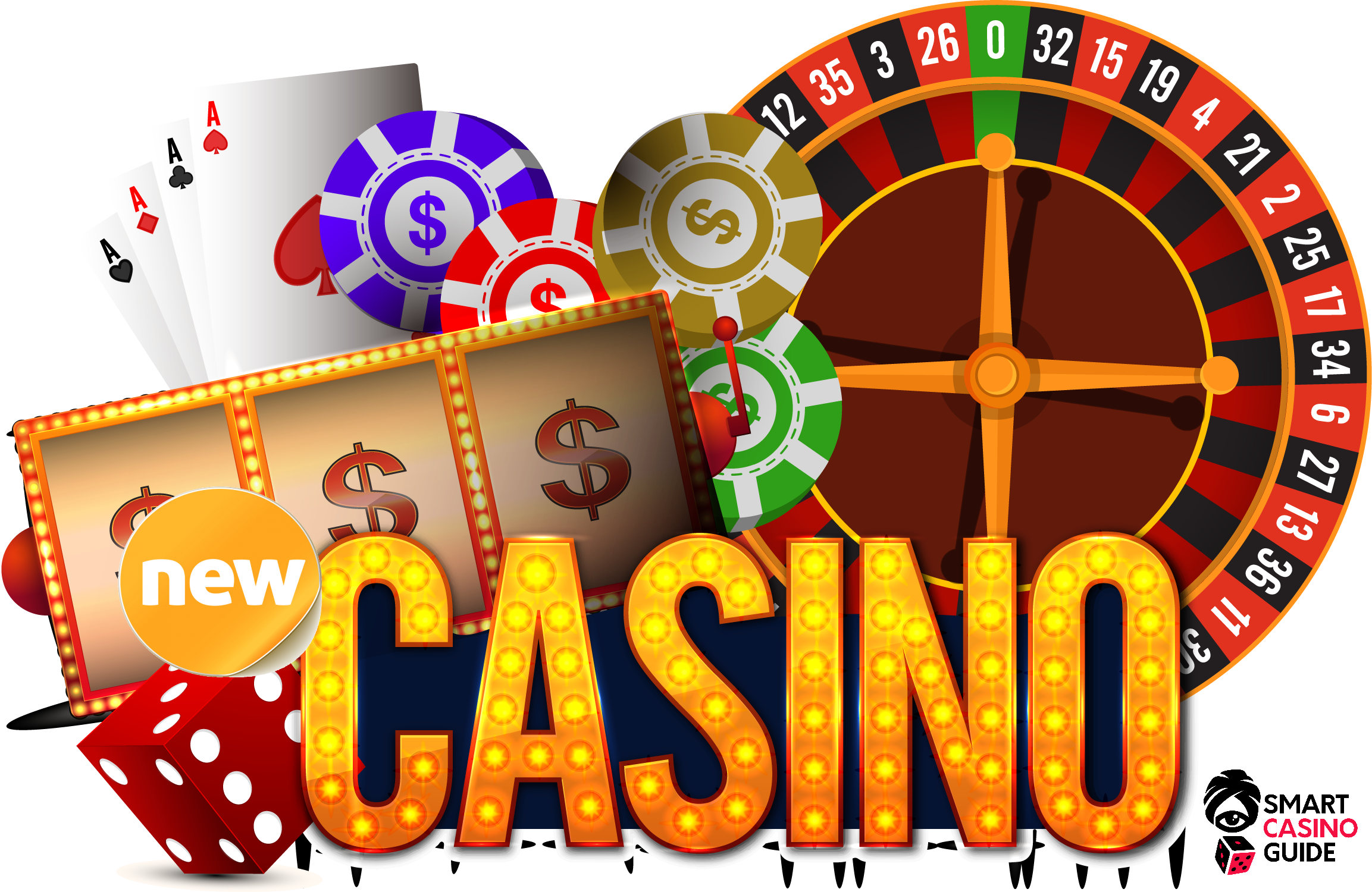
Casino games have long captured the fascination of people around the planet, becoming an integral part of both fun and culture. From the sparkling lights of the Vegas Strip to the immersive experience of online gaming, these games evoke excitement, risk, and sometimes even a sense of nostalgia. They are beyond simply entertainments; they have woven themselves into the texture of human experience, influencing various aspects from cinema and songs to style and writing.
The appeal of casino games surpasses the gambling aspect, tapping into broader themes of serendipity, risk, and social interaction. As players convene around a card table or turn the wheel of fortune, they engage in an ancient ritual that resonates with our communal desire for thrill and instability. This fascination has led to the emergence of numerous references in cinema, songs, and electronic games, showcasing how intensely entrenched these activities are in mainstream culture. Whether it is the pressure of a classic caper or the vibrant nightlife portrayed in videos, casino games have carved out a substantial role that reflects our relationship with risk and reward.
Historical Significance of Casino Activities
Casino activities have played a pivotal role in cultural contexts throughout history. Stemming from ancient civilizations, forms of chance were often linked to rituals or gatherings. For instance, early iterations of gambling can be traced back to historic Chinese and the Roman Empire, where dice games and betting on outcomes were popular pastimes. These activities not only functioned as leisure but also as methods of social interaction, facilitating relationships among people within communities.
As cultures evolved, so did the complexity and organization of casino games. The establishment of formal casinos in the 17th century, particularly in the Italian region, marked a major shift in how games were viewed and structured. With designated spaces for gambling, the casino became a community center where patrons from various backgrounds gathered. This change contributed to the validation of the industry, transforming it from a mere pastime into an established industry that influenced the economy and regulations.
The effect of casino activities on popular culture cannot be overlooked. As they were popularized in literature and movies, games such as Texas Hold’em and blackjack became symbols of risk, luck, and strategy. Famous figures and stories have emerged around these activities, reflecting societal attitudes towards luck, wealth, and immorality. This fascination with gambling activities has infiltrated various forms of media, cementing their place in the public imagination and connecting them to broader cultural stories throughout the ages.
Portrayal of Gambling Games in Media
Gambling games have long been a popular theme in different types of entertainment, reflecting both the thrill and intricacies of gambling culture. Movies such as Ocean’s 11 and Casino Royale portray characters who navigate high-stakes environments, showcasing not only the appeal of the gambling environment but also the strategies and choices that come with playing popular games like Texas Hold’em and 21. These movies often dramatize the thrill of winning and the potential repercussions of losing, encapsulating the perils involved in gambling. casino en ligne francais
Television shows have also explored the realm of casino games, often integrating them into the narrative as a backdrop for character development and tension. Series like Vegas depict the stories of casino workers and patrons, highlighting the vibrant, often disorderly energy of the gaming floor. Reality shows featuring intense betting contests further emphasize the appeal of casino games, drawing viewers into the tension and tactics involved in each game. Through these depictions, media not only engages but also stimulates conversations about fortune, expertise, and the essence of randomness.
Video games have increasingly integrated casino games into their structure, allowing players to recreate the experience of betting without monetary loss. Games within the landscape of digital gaming often include online slot machines, online poker, and other casino favorites, creating an interactive experience that mirrors real-life gameplay. These virtual portrayals make gambling activities accessible to a global audience, appealing to both gamblers and those who enjoy the rush of simulation. As a outcome, the portrayal of casino games in entertainment continues to shape societal views and cultural relevance, highlighting their role in entertainment and social context.
Impact of Gambling Activities on Society
Casino games have a significant effect on communities, influencing multiple aspects of culture and social behavior. They often serve as a platform for community engagement, where people come together to enjoy a common activity. Game nights with friends or trips to casinos become group events that build connections and create memories. This collective aspect boosts the fun value of casino games, making them a favored choice for celebrations and recreational pursuits.
Moreover, casino games have been depicted in numerous films, television shows, and literature, shaping perceptions and opinions towards gaming and betting. Icons like James Bond playing baccarat or the intense poker scenes in films have cemented these games in the collective imagination. This depiction often idealizes the lifestyle associated with gambling, attracting new players and impacting trends in both style and conduct. These portrayals can ignite curiosity and lead to a more profound exploration of the intricacies of gambling.
However, there are also adverse consequences linked to the popularity of casino games. The allure of quick monetary gain can lead to gambling addiction and financial troubles for some individuals. The community must contend with these issues, advocating for responsible gaming and awareness of the risks involved. Finding a balance between the entertainment value of gambling activities with the potential for harm is vital to ensure that they continue to be a positive aspect of our societal fabric.